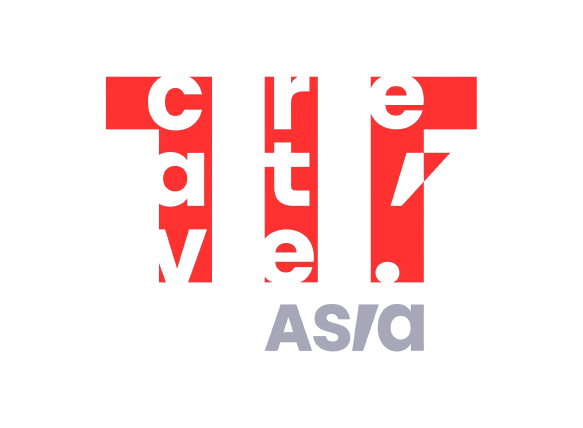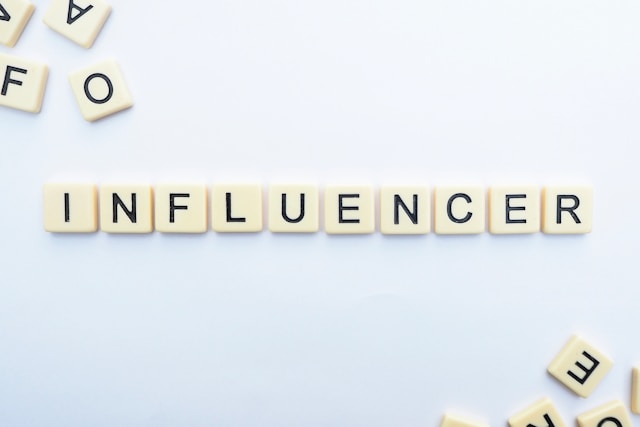In the business world, customer retention plays a crucial role in the success of an organization. One of the most effective ways to maintain a loyal customer base is through relationship marketing. This strategy involves building and nurturing long-term relationships with customers, which can be achieved through various factors such as personalized communication, effective customer service, loyalty programs, and providing value-added services. By adopting relationship marketing techniques, businesses can not only retain existing customers but also attract new ones through positive word-of-mouth recommendations.
It differs from traditional marketing in that it focuses on recurrent purchasing behavior of clients, which is less costly than gaining new customers.
Kinds of Relationship Marketing
Relationship marketing must occur in phases since each consumer moves through a distinct organizational funnel. As a result, relationship marketing may work closely with the consumer’s lifecycle inside the organization. There are 5 stages of Relationship Marketing.
- Practical Marketing
Practical marketing has the same objectives as traditional marketing. The purpose is to acquire as many clients as possible on time. This type of marketing involves selling a product without soliciting client reviews.
Traditionally, when the selling notion of marketing was at its zenith, things were marketed this way. It was critical to position your own product as superior, regardless of the consumer’s post-purchase experience. This improved with time.
- Strategic Marketing
Strategic marketing is to work proactively with clients to resolve any difficulties they may be experiencing and then provide answers to these concerns. You are proactively observing the consumer and adapting your plan to meet their needs.
- Collaboration Marketing
Partnership marketing occurs when the vendor and the buyer form a close relationship. It is an above-average degree of relationship marketing since the vendor is in close contact with the consumer and the product is iterated and improved regularly.
A great example is Android partnering with Samsung. Android must continue to evolve in response to the capabilities of devices. As a result, Android and Samsung form a collaboration. A successful collaboration between Samsung & Android would naturally require a significant investment in expansion.
4. Responsive Marketing
Reactive marketing occurs when a product is sold to a consumer and then the consumer provides reviews about that item, including its performance and anticipations. In this case, a corporation is open to receiving any form of feedback, including complaints, compliments, improvements, and other critical or good comments.
This makes the firm more market-responsive, allowing it to alter its products and services in response to criticism.
- Responsible Marketing
Being reliable entails accepting obligations for the promises you have made. Similarly, responsible marketing is accepting responsibility for the goods you sell to a consumer. You could make commitments before marketing the goods, but you must provide on those promises through consumer service. In order to build a trusting relationship with your consumers, you must be responsible to them.
Usage of Relationship Marketing
Strategies in Marketing need to concentrate on attracting repeat clients to aim for loyal consumers. Here are a few benefits:
- Improves Brand Image– It is essential to keep your customers satisfied in order to establish a brand image for your company through relationship marketing.
- Increases Brand Recognition – When consumers interact positively with your firm, they evolve to promote your business, resulting in more brand recognition.
- Revenue and Sales Growth – In addition to referring new clients, satisfied clients spend more with your firm, increasing revenues and sales.
- Long-term Higher Margins –As a result of keeping more consumers and earning high consumer satisfaction, you are far more likely to accomplish better long-term margins. A good example is Apple.
- Grows Consumer Commitment– Improving client interactions naturally promotes long-term consumer commitment.
- Supports Client Retention – Why would clients abandon you if they are satisfied with your firm? Focusing on current clients leads to higher retention rates.
- Competitive Edge – A firm that invests in developing client connections will always have the best competitive advantage.
- Reduces Promotion Expenses– The company’s focus is on developing relationships instead of consumer purchases. This change in focus minimizes spending on consumer purchases, resulting in lower advertising expenditures.
- Aids in Upselling and Cross-selling – Having loyal clients lets you know what they need or desire, which leads to better cross-selling or upselling. A good example is Alibaba.
In today’s digital era, the internet has provided various tools to incorporate this approach into your business plan. Build long-lasting connections with your consumers by focusing this strategy in your marketing plan. A delightful consumer experience is at the heart of this method of marketing, which goes above traditional transactional marketing.
#customerretention #tifasia




